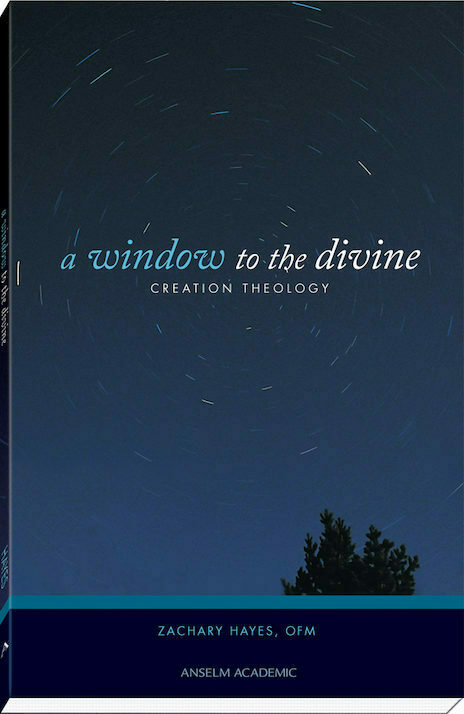2024 Reads: A Window to the Divine by Zachary Hayes, OFM
I just finished up a slow read of a wonderful little book. A Window to the Divine: Creation Theology by Franciscan theologian Zachary Hayes draws from Teilhard and Whitehead to suggest that we need to recognize that our approach to synthesizing modern science and creation theology needs some updating. As he notes,
…the worldview mediated to both believer and unbeliever alike by our modern culture is radically different from that which provided some key structural elements for our familiar theological vision and language.
After all, he asks,
If scientific or prescientific views of the world inter into the structure of a theology in some way, and if believers forget where a style of theology has come from and what elements have entered into its structure, what would one expect to happen when the scientific vision of the world begins to change?
In the first chapter, Hayes examines the relationship between theology and science, noting that they exist to answer very different sorts of questions. They need not exist in opposition to each other, he says.
…we will not expect science to prove faith claims, nor will we expect theology to prove the claims of science. But we will attempt to allow religious faith to express itself in terms relevant to its cultural context, which, at least in the Western world of the present, is strongly conditioned by scientific insights.
Hayes goes on to briefly examine the creation texts, suggesting a theological interpretation of the beginning of Genesis that is focused far more on God as the source and origin of creation rather than on a scientific explanation of how things came into being. He takes a chapter to discuss the origin of humans (all from Adam? or from multiple parents?) and how that view interacts with Romans 5. (As in Adam all sinned, so in Christ all will be saved…) Hayes suggests that these texts, too, should be read etiologically, that is, as discussing the cause or origin of sin and salvation, not of some literal genetic propagation of sinfulness. He bogs down a bit in a very Roman Catholic discussion of Original Sin, trying to briefly address both Augustine and the Council of Trent.
The last chapter, though, is worth the whole read, as he pulls the threads together. I will quote more liberally here, it’s just too good.
First, about sin:
Human history is a history of response, both negative and positive, to the lure of God’s love… Sin is not a mere infringement of a law extrinsic to our nature. It is a failure to realize the potential of our nature itself. If our nature is fundamentally a potential to expand, sin is a contraction… Sin is the resistance to expansion through union with others. It is the attempt to create human history in alienation from the only end that we ultimately have… Sin is a failure in the collaborative effort to move toward full personalization in human community.
And then regarding grace:
The history of God’s grace and human response finds a distinctive form of self-consciousness in the history of the Bible, and an unsurpassed level of realization in the person and destiny of Jesus Christ… God, who is love community, calls forth love community in creation through free response of human persons to the offer of divine grace.
And then, finally, about the relation of theology and science, and why it matters:
Theology need not fear science nor tremble before the power of reason. Rather both theology and science need to stand in awe in the face of the mystery that is our world and in the even greater mystery of God to which the world points…
We have no reason to assume that the mere fact of human life is the goal of the universe. What is important above all is a quality of life, not the mere fact of life. With this in mind, we can see that it is a more significant question to ask whether this sort of world is apt for the accomplishment of God’s purpose. It is, indeed, a cosmos that challenges humanity in mind and in will, and that is capable of eliciting both awe and wonder. It is a cosmos that draws humanity out of the narrow point from which it begins to expand to the mystery of the world and thus to move towards the Ground of the world. It is a world apt to stretch the finite spirit to the limits of its possibility to bring forth not only the fact of life, but a Godlike quality of life that is a created sharing in the loving thought of God from which the whole of creation emerges.
Beautiful stuff.
